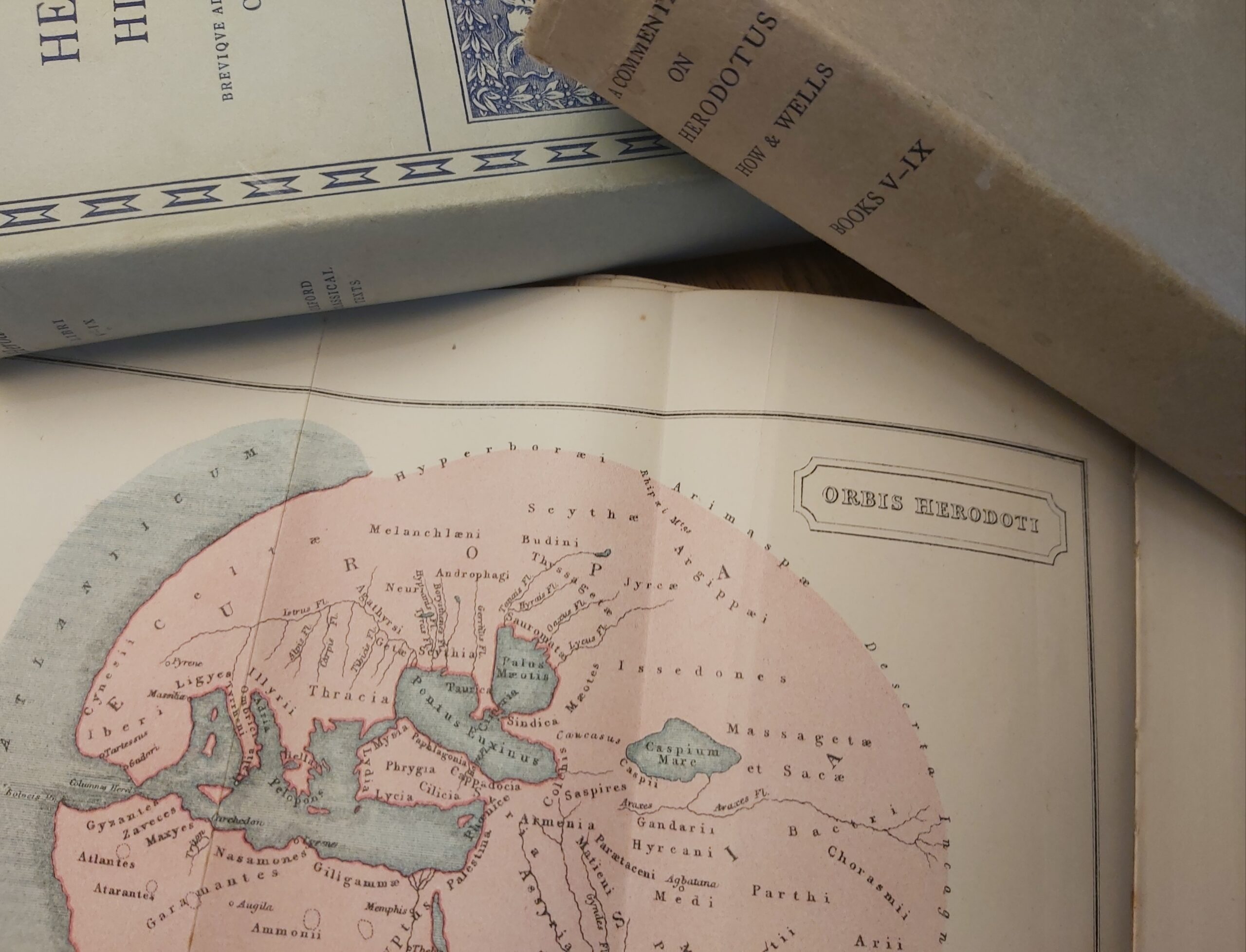

Patroclus and the sound of their lament was raised throughout the hall. Man-slaughtering Hector as he lay curled before Achilles’ feet,Īnd Achilles wept for his own father, and then again for So Priam spoke and he stirred in the other a yearning to weep for his own father,Īnd taking hold of his hand he gently pushed the old man away.Īnd the two remembered, the one weeping without cessation for Remembering your father for I am yet more pitiful,Īnd have endured such things as no other mortal man upon the earth,ĭrawing to my lips the hands of the man who killed my son.” “Revere the gods, Achilles, and have pity upon me, Now Priam’s mission is to beg for the body of his beloved son, Hector, whom Achilles killed to avenge the death of his own companion, Patroclus. Both men have supplicated the Olympian gods at different times in the epic, and had their prayers denied. What I grope to express, Homer repeatedly makes clear, and most sublimely so in the famous scene towards the end of the Iliad, in which King Priam comes through the night to the Greek camp as suppliant to Achilles. Less quantifiable, and also more profoundly haunting, were the ways in which the Iliad compelled its audiences, down to the present time, to confront such bedrock facts of human experience as mortality and morality – the difficult, dark regions that lie at the nexus of identity and religion. In these ways the Iliad directed not only the course of the arts, but of social history. Thus from the end of the Mycenaean Age until the age of Homer, poets who performed and adapted the epic orally kept the tradition alive, and carried memory of the Mycenaean world into new ages. When their kingdoms collapsed around 1200 BC, even this limited use was lost. The Mycenaeans themselves knew of writing, but appear to have used it only for bureaucratic bookkeeping in their palace states. Why The Handmaid’s Tale is so relevant today The Iliad was composed around 750-700 BC, but its origins lie at least some five centuries earlier, deep in the Mycenaean Bronze Age – the world the Iliad poetically evokes. These verses reflect a central claim of epic poetry – that through the inspiration of the Muses, daughters of Memory, it can preserve the knowledge of people and the events of the past – a formidable power in the non-literate, oral cultures in which the Iliad evolved. Tell me now, Muses, who have your homes on Olympus –įor you are goddesses, and ever-present, and know all things,Īnd we hear only rumour, nor do we know anything –. Before unfolding this impressive muster roll, Homer makes a special, public appeal to the Muses to ensure he gets the facts right: Early in the Iliad, Homer’s epic poem about the legendary Trojan War, there occurs a famous digression known as the catalogue of ships, which names all the Greek leaders and contingents who came to fight at Troy.


 0 kommentar(er)
0 kommentar(er)
